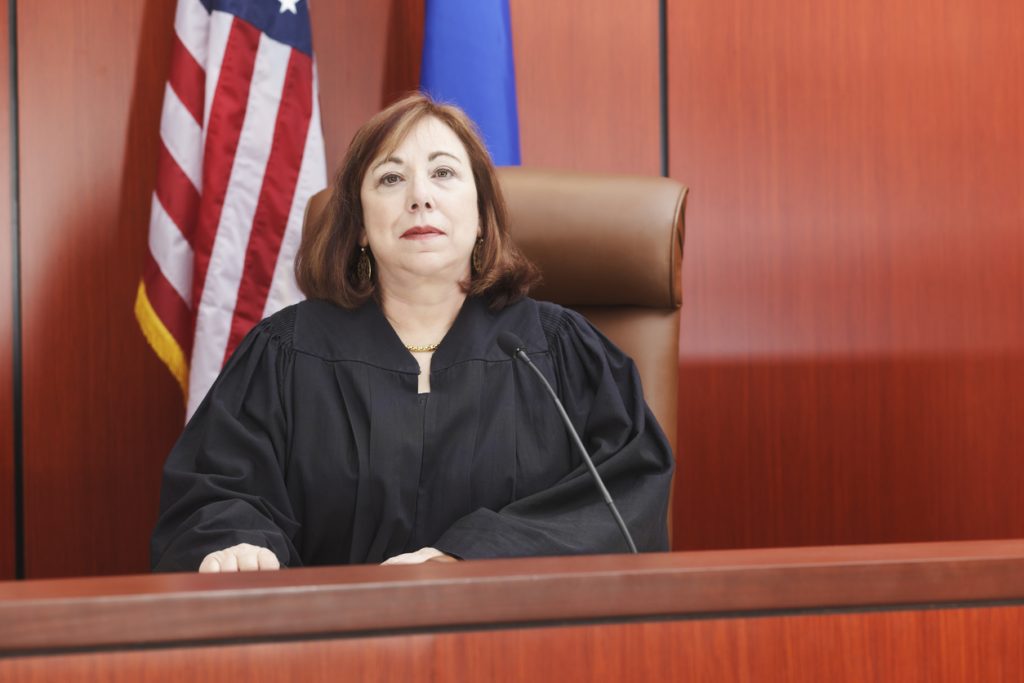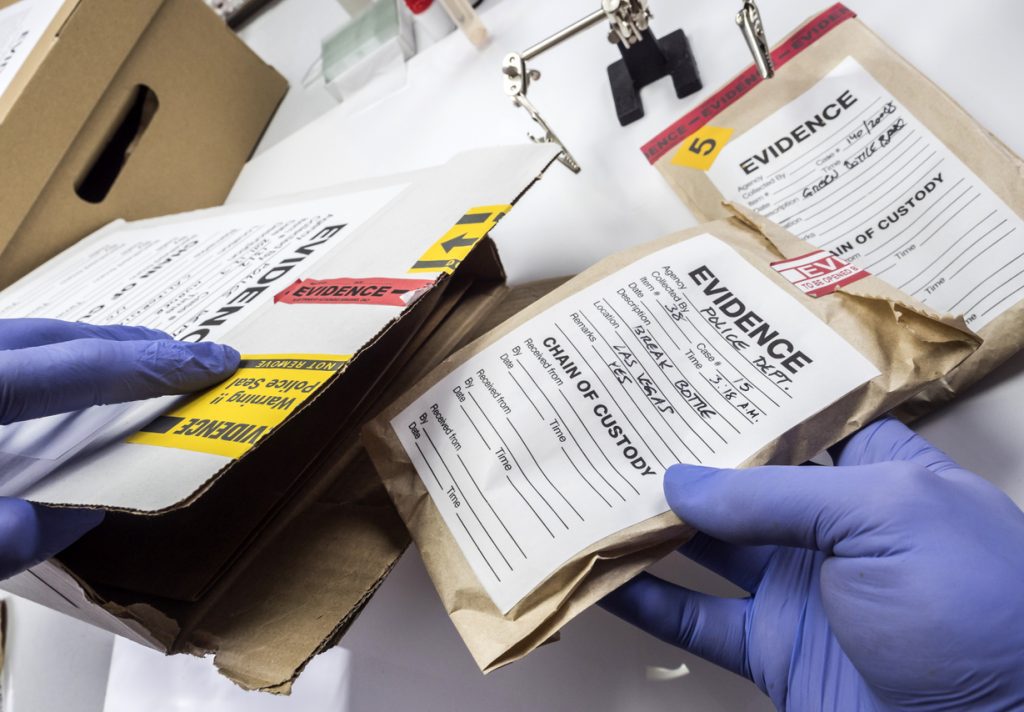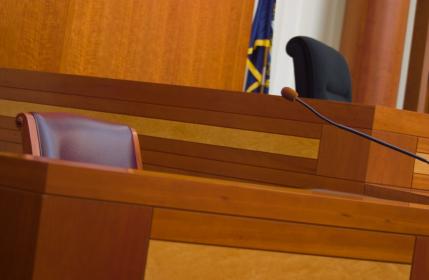The short answer is that it depends. You are not entitled to an expert witness in every criminal case. However, if you need an expert witness and cannot afford to hire one (usually if you have a court-appointed attorney), you can request funds for one from the court.
When can you ask the court for an expert witness in a criminal case?
The answer to this question depends on the specific circumstances, too. For instance, if the prosecution intends to present expert testimony, you may want to ask the court for funding to retain an expert of your own.
But will a court allow you to hire an expert simply because the prosecution has one? No. Concepts like fairness or making both sides even do not apply in criminal cases. Instead, the judge will determine whether an expert witness for the defense is necessary on a case-by-case basis.
How does a judge decide if a witness in a criminal case is an expert?
Under the Federal Rules of Evidence and most states’ rules, it is up to the trial judge to determine whether or not someone is an expert witness and whether their testimony is admissible. The trial judge decides if an expert is needed or qualified to present an opinion to the jury.
In federal court, the applicable rule is Federal Rule of Evidence 702. That rule states, in full, as follows:
A witness who is qualified as an expert by knowledge, skill, experience, training, or education may testify in the form of an opinion or otherwise if:
(a) the expert’s scientific, technical, or other specialized knowledge will help the trier of fact to understand the evidence or to determine a fact in issue;
(b) the testimony is based on sufficient facts or data;
(c) the testimony is the product of reliable principles and methods; and
(d) the expert has reliably applied the principles and methods to the facts of the case.
In a criminal case, courts carefully consider potential experts’ qualifications, experience, methodology, analysis, reliability, and opinions.
The leading U.S. Supreme Court case on this issue is called Daubert v. Merrell Dow Pharmaceuticals, Inc. from 1993.

What kind of testimony do expert witnesses provide in a criminal case?
Some criminal cases present complicated issues that can benefit from expert testimony. An expert witness can help the judge or jury understand specific key evidence and how it proves the defense theory of the case. If a case involves complicated issues beyond the understanding of the typical juror, the court may allow an expert witness.
For example, white-collar cases frequently require experts to deconstruct complex schemes used allegedly to defraud investors. Either side might try to rely on forensic accountants with experience investigating fraud to explain the facts to the jury in the most favorable light. Similarly, in drug cases, an expert can help defense counsel show that the accused possessed the narcotics for personal use and not for resale.
DNA experts are also essential in some instances. In fact, there have been reported cases where multiple experts reviewing the same DNA data reached different conclusions. To say DNA science is not easy for lay people to understand is an understatement.
In addition to forensic accountants and DNA experts, other types of expert witnesses regularly used in criminal cases include:
- criminologists,
- pharmacologists,
- fingerprinting,
- medical examiners,
- drug recognition,
- drug distribution,
- firearms experts,
- ballistics experts,
- forensic chemists,
- forensic toxicologists,
- breath testing experts,
- psychiatrists and
- psychologists.
These are just a few examples. A party can present expert testimony as long as whatever opinion the expert offers is beyond the knowledge of an ordinary juror.

The Takeaway:
Subject to the court’s approval, an expert witness may testify in criminal cases to help explain complicated (usually scientific) issues to the jury. However, expert witnesses are not automatically allowed in every criminal case. Defense counsel must show the need for an expert in each case.






